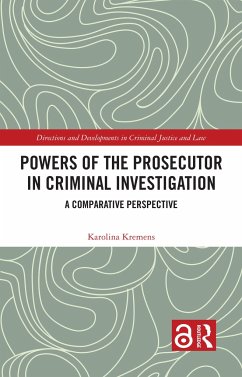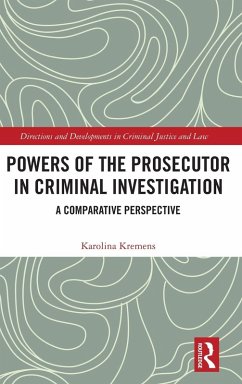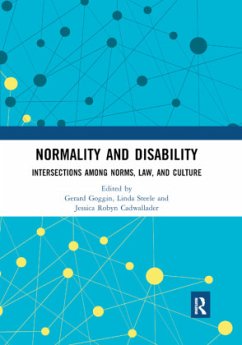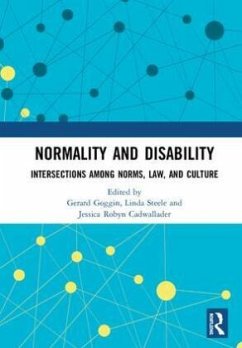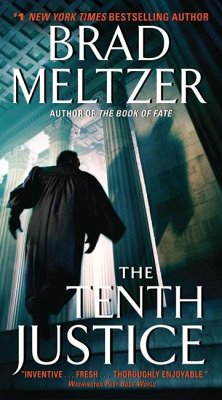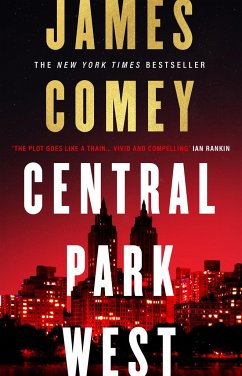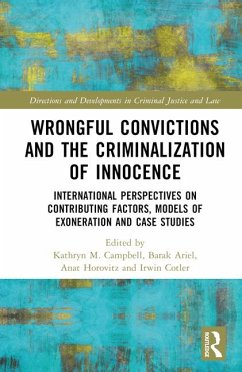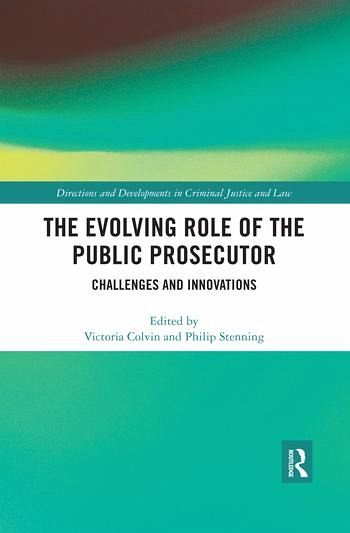
The Evolving Role of the Public Prosecutor
Challenges and Innovations
Herausgegeben: Colvin, Victoria; Stenning, Philip
Versandkostenfrei!
Versandfertig in 6-10 Tagen
45,99 €
inkl. MwSt.
Weitere Ausgaben:

PAYBACK Punkte
23 °P sammeln!
The modern public prosecutor is a figure both powerful and enigmatic. Legal scholars and criminologists often identify "three essential components" of criminal justice systems: police, courts and corrections. Yet increasingly, the public prosecutor occupies a distinct role independent from any of these branches. Acting outside of the court, and therefore largely out of the public eye, the prosecutor's control over whether and what charges proceed to court can limit judicial discretion on sentencing, open pathways to alternative measures and even deny entry into the criminal justice system enti...
The modern public prosecutor is a figure both powerful and enigmatic. Legal scholars and criminologists often identify "three essential components" of criminal justice systems: police, courts and corrections. Yet increasingly, the public prosecutor occupies a distinct role independent from any of these branches. Acting outside of the court, and therefore largely out of the public eye, the prosecutor's control over whether and what charges proceed to court can limit judicial discretion on sentencing, open pathways to alternative measures and even deny entry into the criminal justice system entirely. In this sense the prosecutor serves as a true "gatekeeper" to the criminal process.
This book addresses key aspects of the evolving role of domestic and international prosecutors in common law and civil law systems in the twenty-first century, and the challenges posed by this evolution. This collection of chapters from respected scholars takes an international, comparative approach and explores how these different legal systems have borrowed theorisations and articulations of the prosecutorial role from each other in adapting the office to changing conditions and expectations. The volume is structured around four main themes relating to the role of the modern prosecutor: the nature of the prosecutor's office, the role of the prosecutor in investigations, prosecutorial discretion and how it is exercised, and politicisation and accountability of prosecutors.
This book is essential for scholars and students in criminal justice, pre-law/legal studies, criminology, justice studies and political science, and is useful as a resource for those interested in legal change around the world.
This book addresses key aspects of the evolving role of domestic and international prosecutors in common law and civil law systems in the twenty-first century, and the challenges posed by this evolution. This collection of chapters from respected scholars takes an international, comparative approach and explores how these different legal systems have borrowed theorisations and articulations of the prosecutorial role from each other in adapting the office to changing conditions and expectations. The volume is structured around four main themes relating to the role of the modern prosecutor: the nature of the prosecutor's office, the role of the prosecutor in investigations, prosecutorial discretion and how it is exercised, and politicisation and accountability of prosecutors.
This book is essential for scholars and students in criminal justice, pre-law/legal studies, criminology, justice studies and political science, and is useful as a resource for those interested in legal change around the world.





